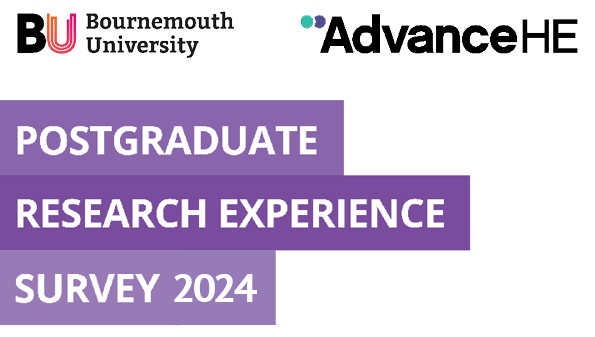
Have your say
PRES will launch on Monday 15 April 2024 for postgraduate research (PGR) students to complete.
Look out for an email from the University containing your unique link to the survey.
We are keen to make sure our PGRs have the best possible experience while studying with us. To do this, we need to know what you think works well and what as a University we could do better. This is your chance to tell us about your experience as a PGR at Bournemouth University. We also kindly ask that all supervisors encourage their PGRs to participate in the survey.
Thank you to all PGRs who completed the 2023 PRES survey – we listened to you and your feedback has helped us to enhance your PGR experience in a range of areas.
This year the survey will open on Monday 15 April 2024 and close on Thursday 16 May 2024. Upon completing the survey, PGRs will automatically entered into a free prize draw. Four winners will be able to claim a £50 shopping voucher. Terms and conditions apply.
In addition, we will be making a £1 donation for every survey completed to the student mental health wellbeing charity, Student Minds.
Once you have completed the survey, you are entitled to claim a coffee voucher worth £3.20, from the Doctoral College to use at any BU Chartwells outlet. Please come to the Doctoral College (DLG08, Talbot Campus) to collect your voucher. You will need to show a screen shot of the final page of the survey in order to claim your voucher.
How do I take part?
PGRs will receive an email from the University on Monday 15 April 2024 containing a unique link which will allow you to access and complete the survey. If you can’t find this email, contact PRES@bournemouth.ac.uk and we’ll help you to get access.
What will I be asked?
The survey will take around 15 minutes to complete. Your response is confidential, and any reporting will be entirely anonymous. The survey is your chance to tell us about your experience as a PGR at BU. It will ask you to share your views on supervision, resources, research community, progress and assessment, skills and professional development and wellbeing.
Why should I take part?
Your feedback is important. The Postgraduate Research Experience Survey is the only national survey of PGRs and so is the only way for us to compare how we are doing with other institutions and to make changes that will improve your experience in the future.
More information
If you would like to know more about the survey, please visit: PRES 2024.
We hope you take the opportunity to get involved this year and help us make improvements to your experience.
Best wishes,
The Doctoral College
For any PRES related queries, please email: PRES@bournemouth.ac.uk
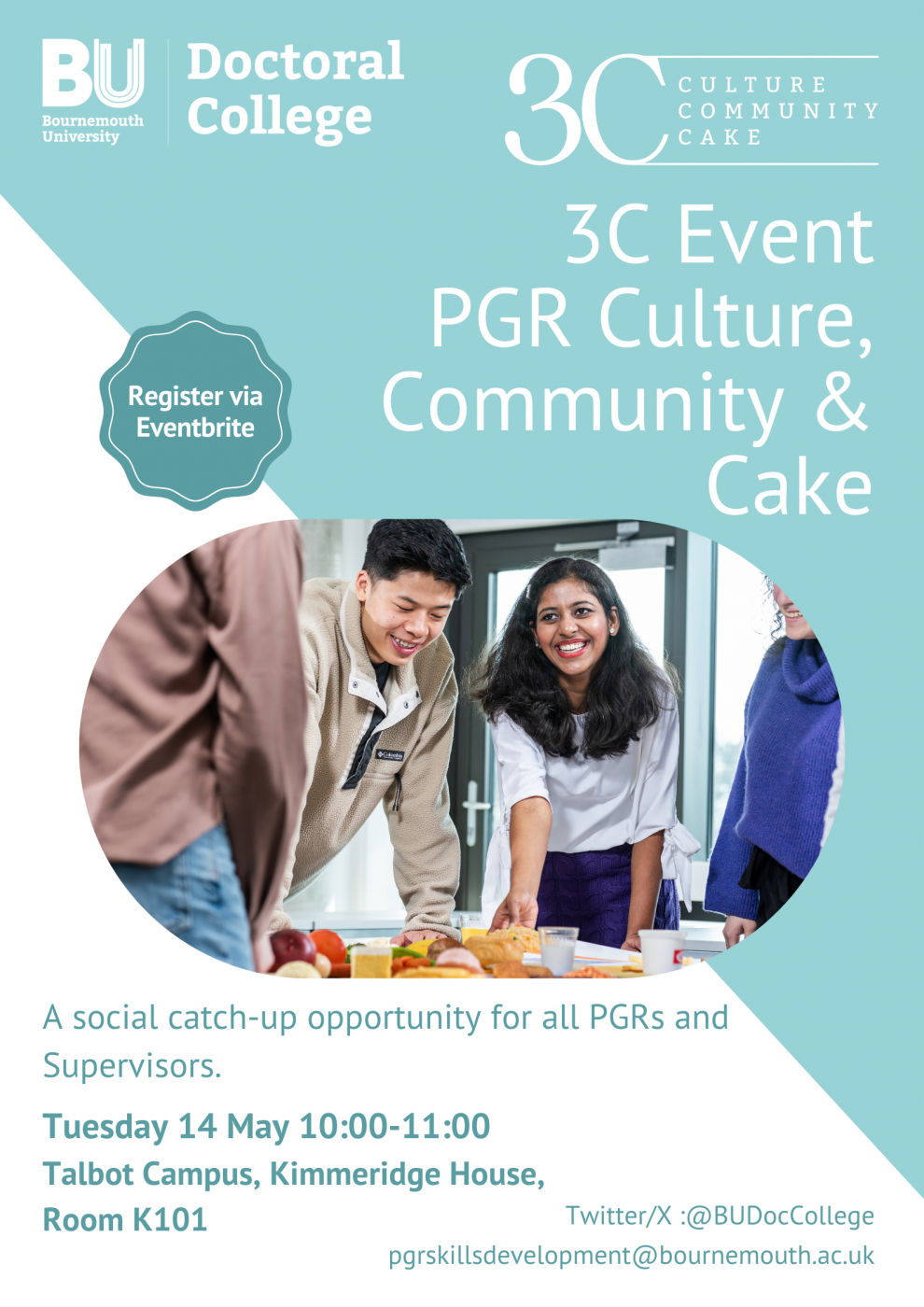

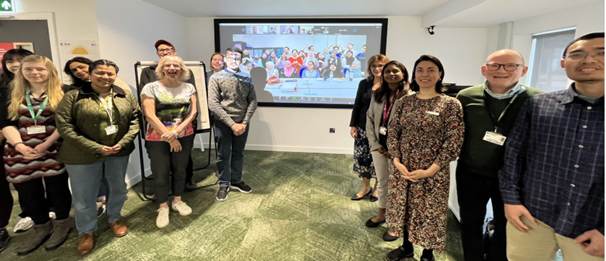


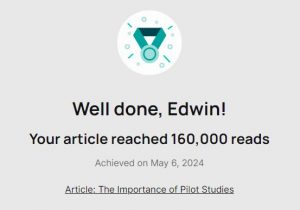

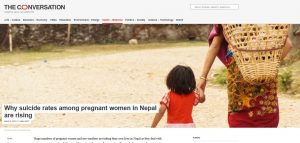


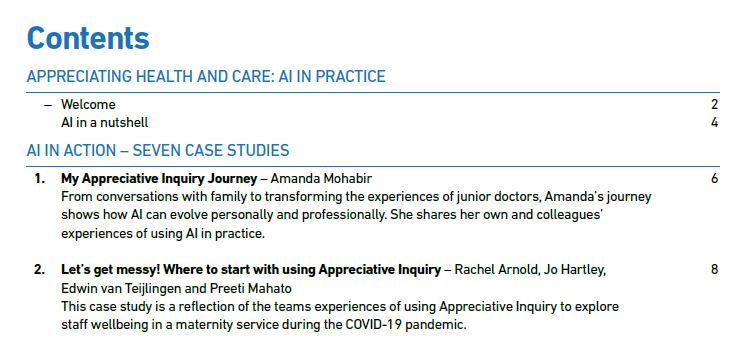

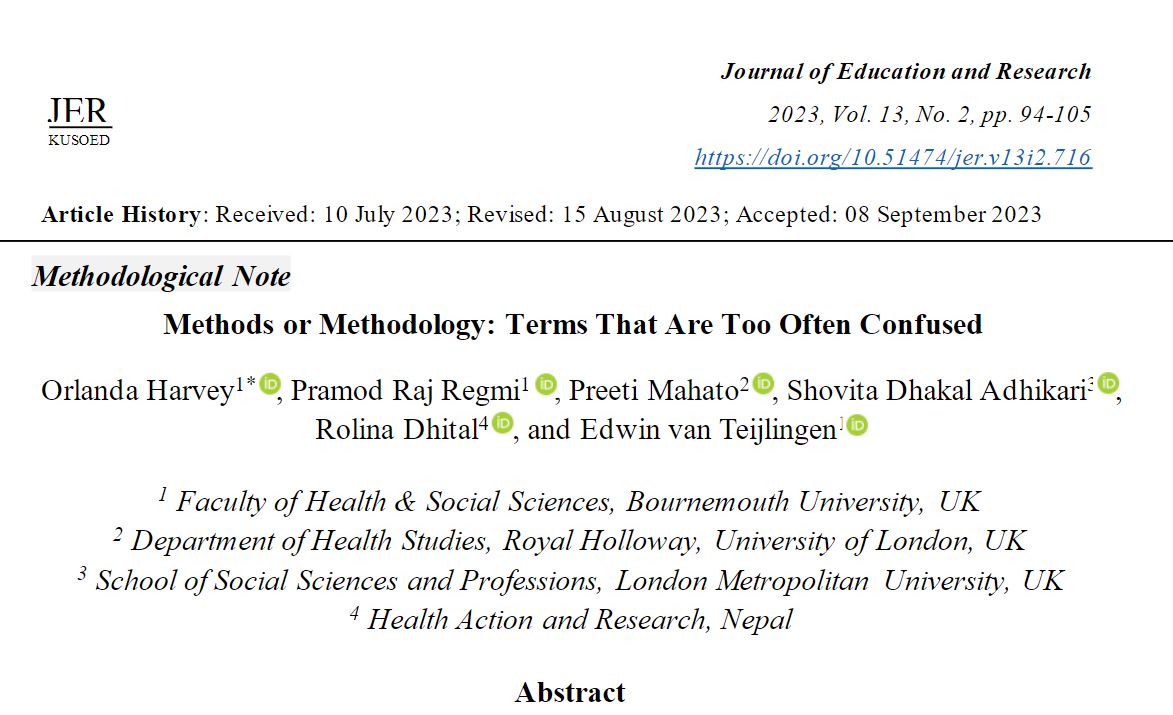
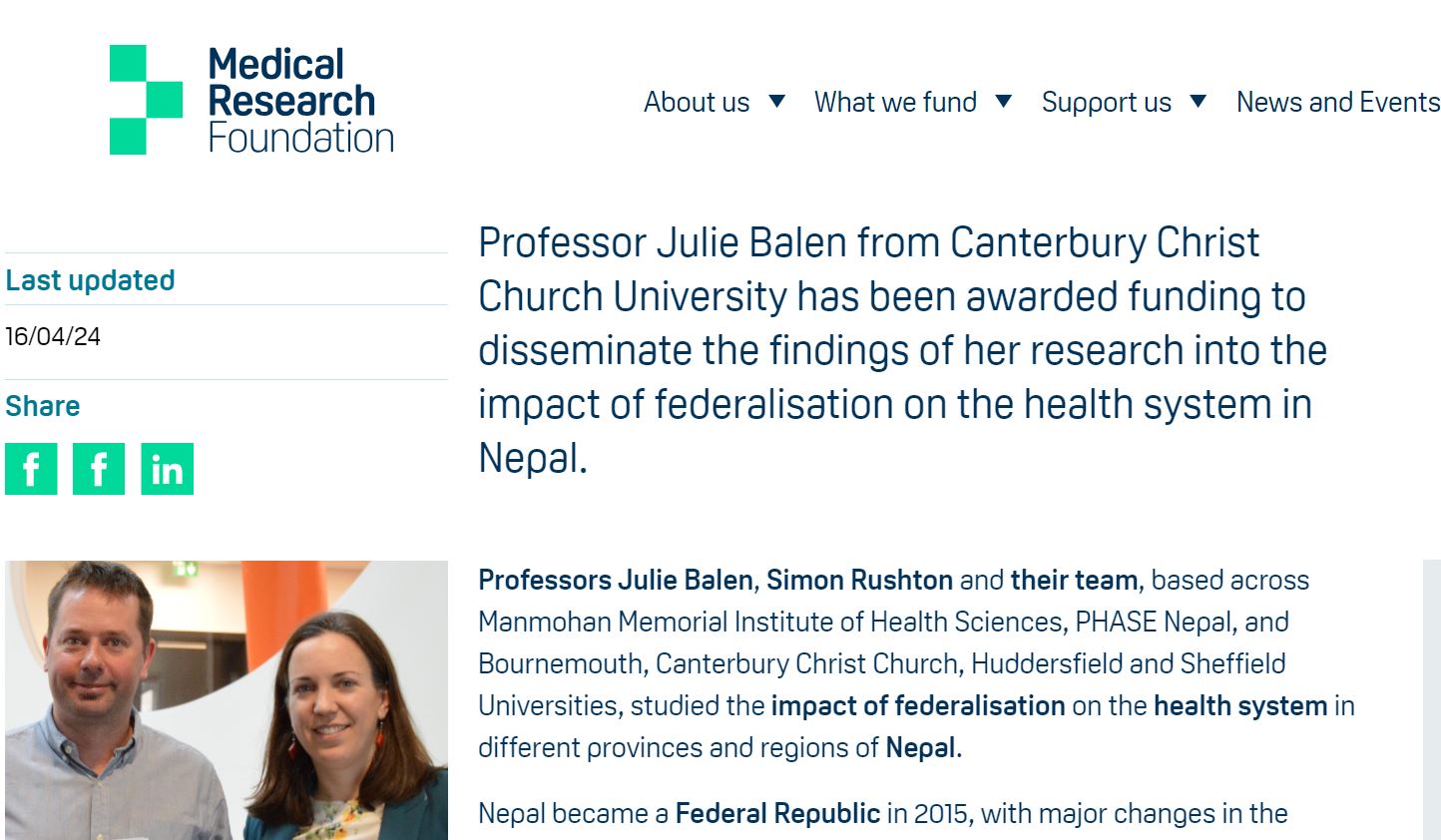
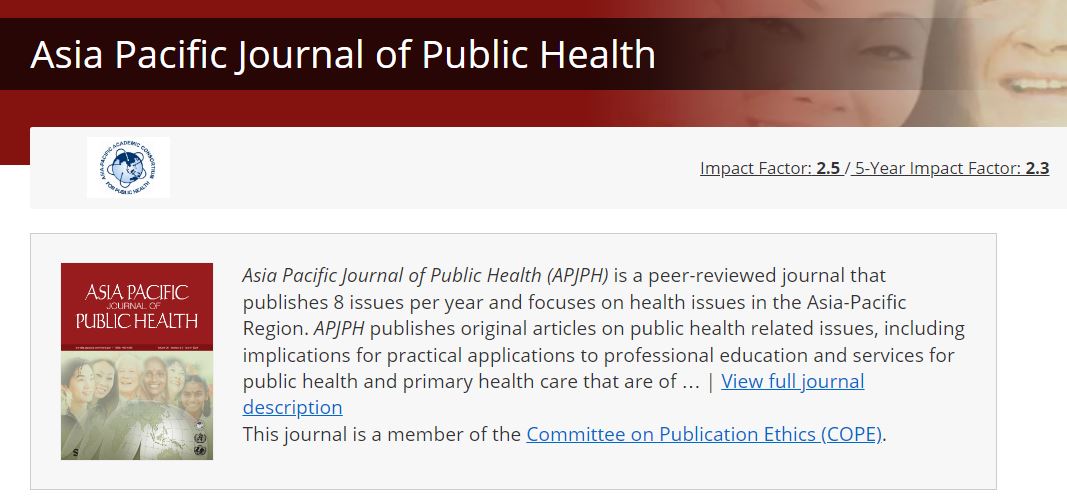





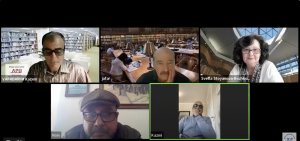 series is a joint initiative of APU Ritsumeikan Asia Pacific University (Japan), t-FORUM The Tourism Intelligence Forum, NC State University and iCAPt International Center for Asia Pacific Tourism.
series is a joint initiative of APU Ritsumeikan Asia Pacific University (Japan), t-FORUM The Tourism Intelligence Forum, NC State University and iCAPt International Center for Asia Pacific Tourism.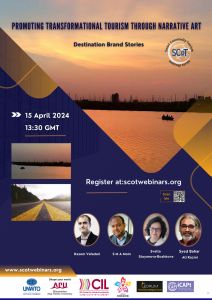
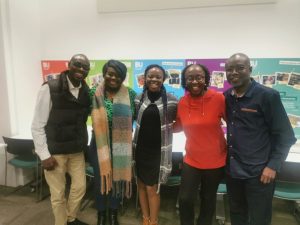
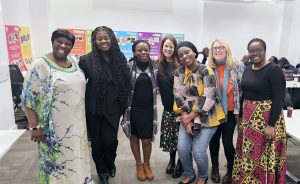
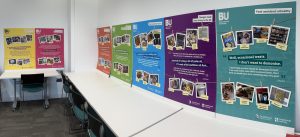
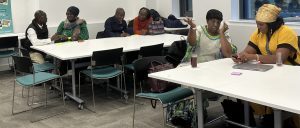
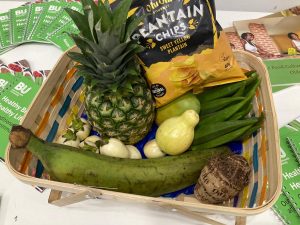
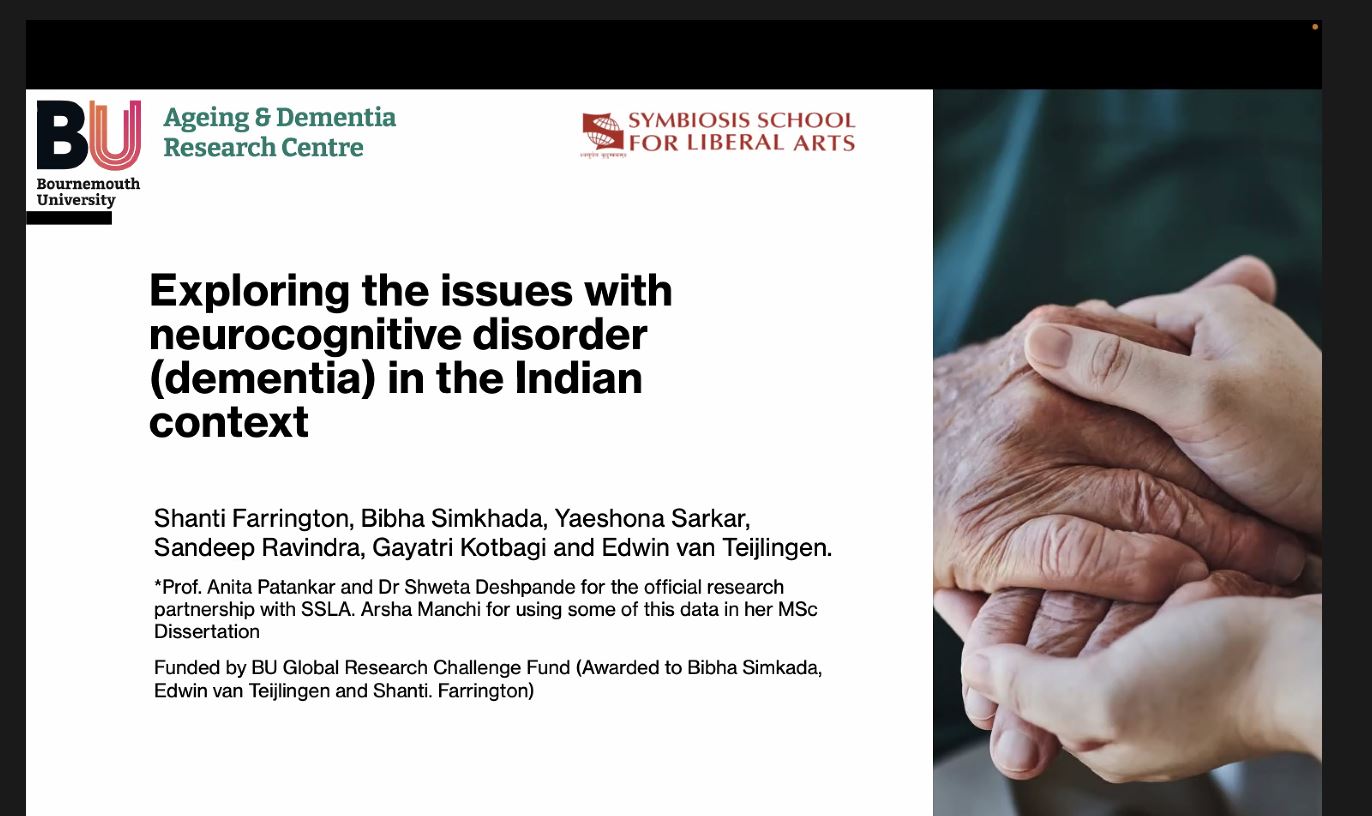

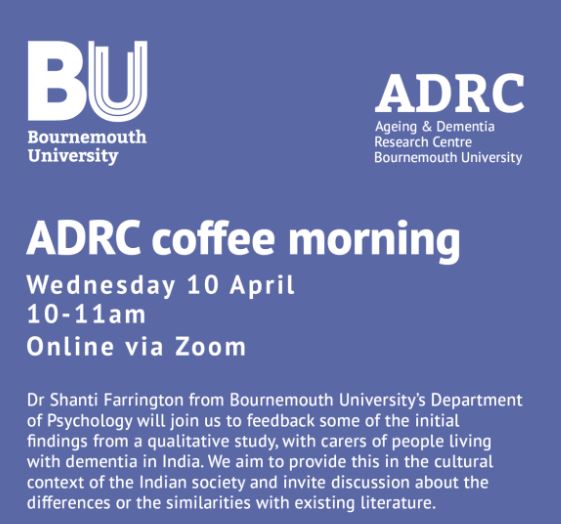
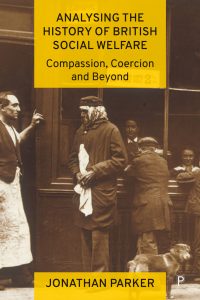
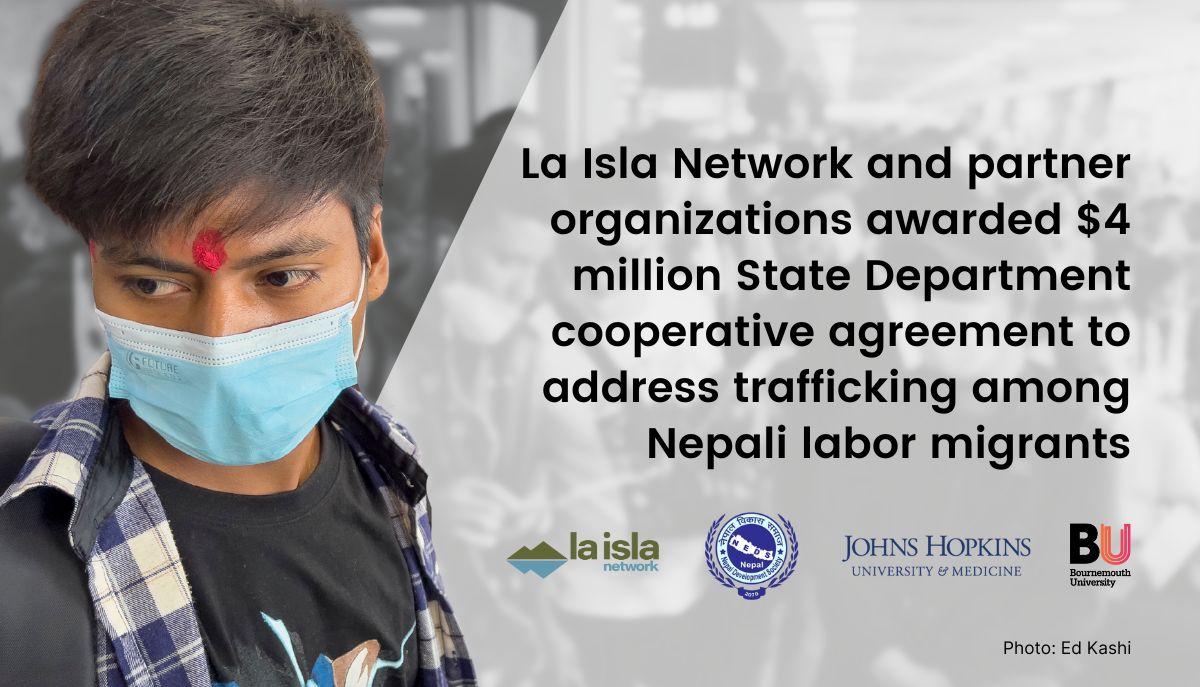
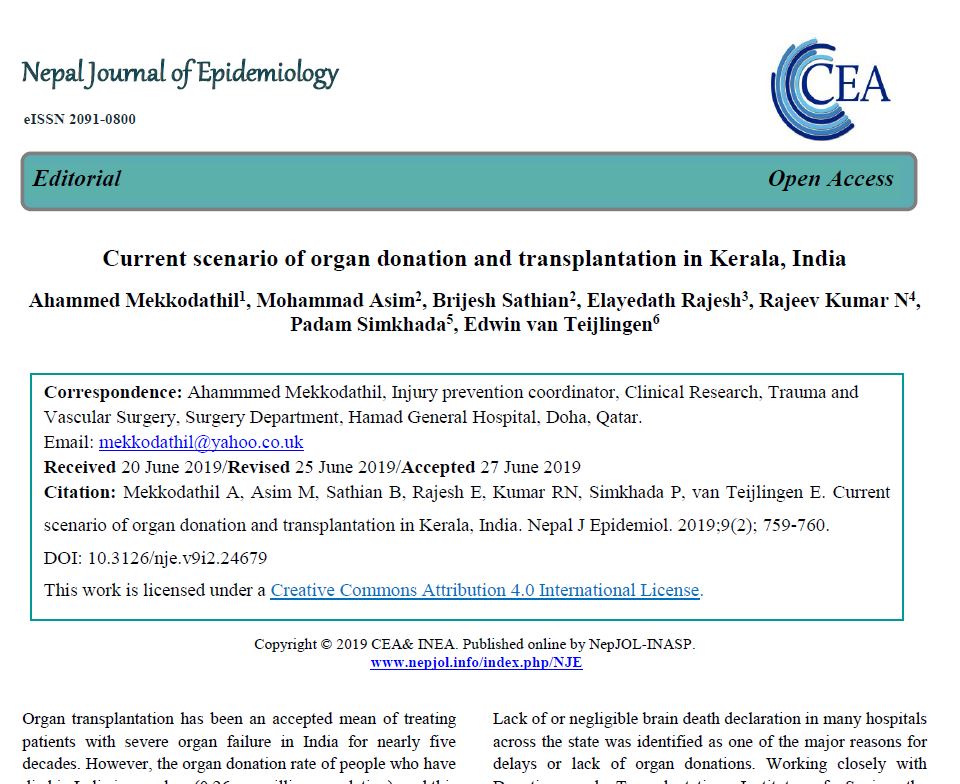
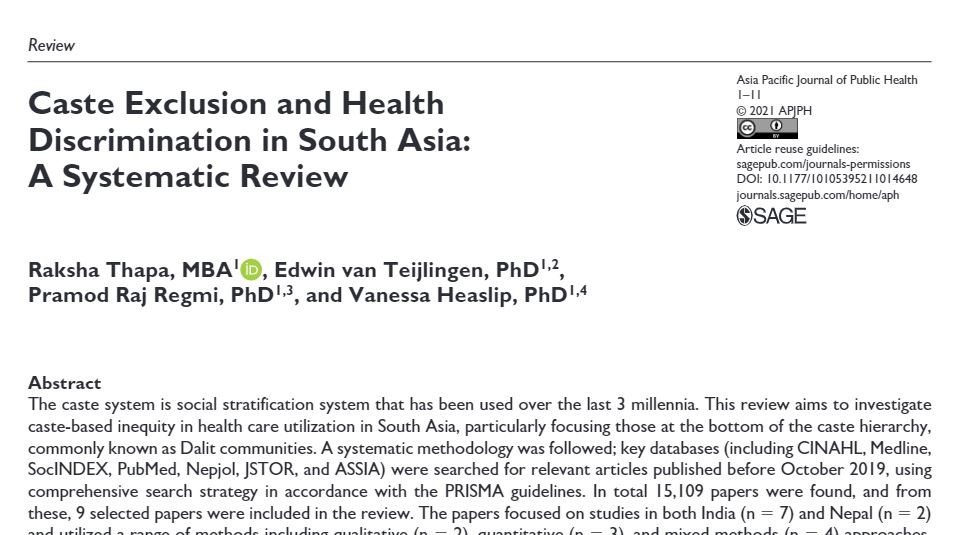
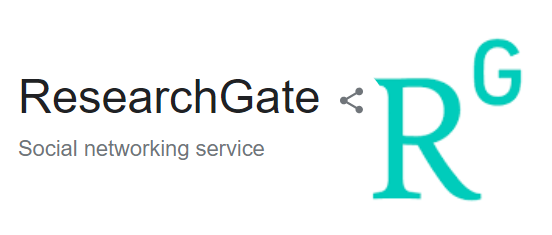
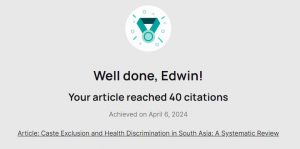


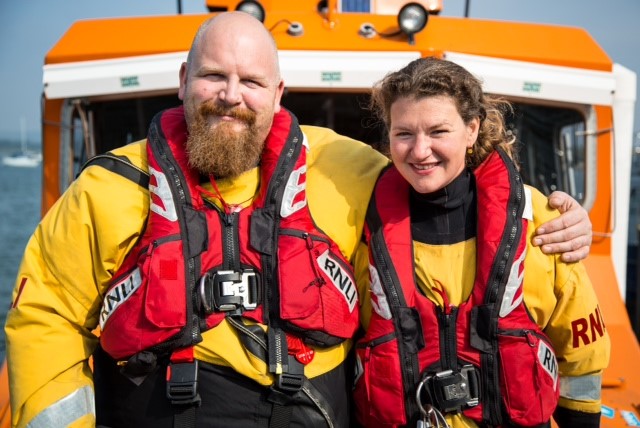


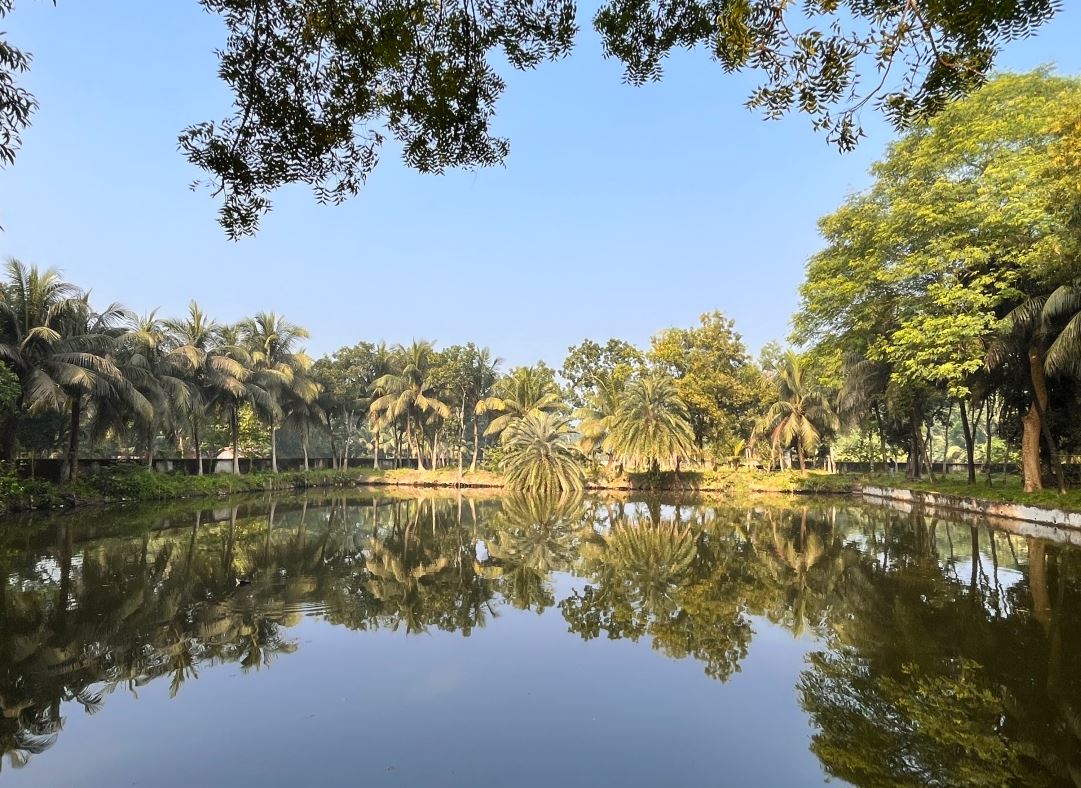











 Conversation article: Why so many people drown at the water’s edge
Conversation article: Why so many people drown at the water’s edge Workshop on longitudinal studies in three countries
Workshop on longitudinal studies in three countries New Bournemouth University public health paper
New Bournemouth University public health paper New ACORN-funded paper published. When time is short but passion for food is strong, food day-tripping may be the answer!
New ACORN-funded paper published. When time is short but passion for food is strong, food day-tripping may be the answer! Royal Society of Chemistry Outreach Fund: Open for Applications
Royal Society of Chemistry Outreach Fund: Open for Applications Last reminder – MSCA Postdoctoral Fellowships 2024 internal deadline next week
Last reminder – MSCA Postdoctoral Fellowships 2024 internal deadline next week Horizon Europe – EuroHPC and MSCA PF webinars
Horizon Europe – EuroHPC and MSCA PF webinars